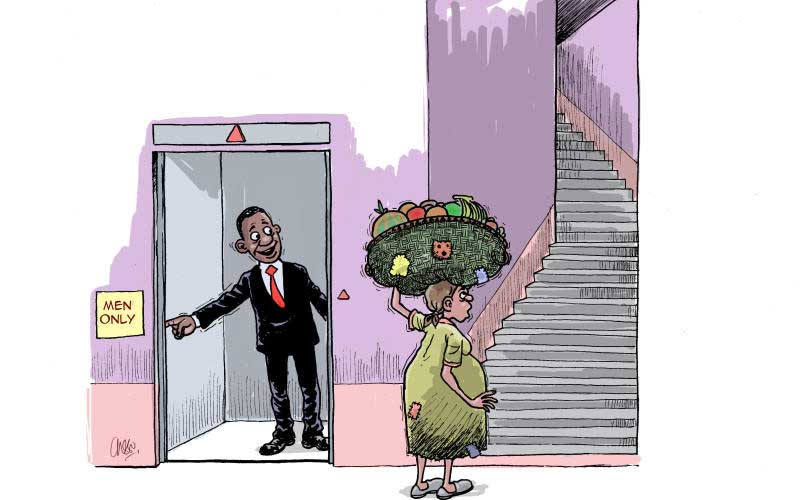×
The Standard e-Paper
Stay Informed, Even Offline

. Actualising two-thirds rule remains a mirage with too many near victories often thwarted by technicalities
The journey to narrow the gender gap in leadership positions has been long and winding.